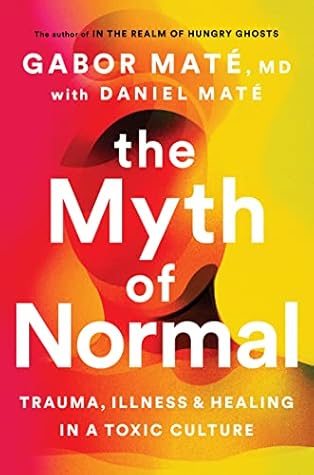It was in 1889 that the pioneering French psychologist Pierre Janet first depicted traumatic memory as being held in “automatic actions and reactions, sensations and attitudes . . . replayed and reenacted in visceral sensations.”[1] In the present century, the leading trauma psychologist and healer Peter Levine has written that certain shocks to the organism “can alter a person’s biological, psychological, and social equilibrium to such a degree that the memory of one particular event comes to taint, and dominate, all other experiences, spoiling an appreciation of the present moment.”[2]
...more
Welcome back. Just a moment while we sign you in to your Goodreads account.


